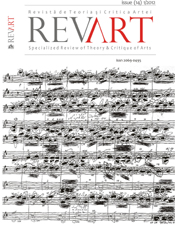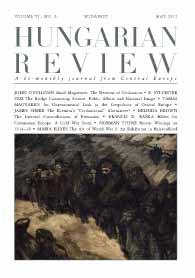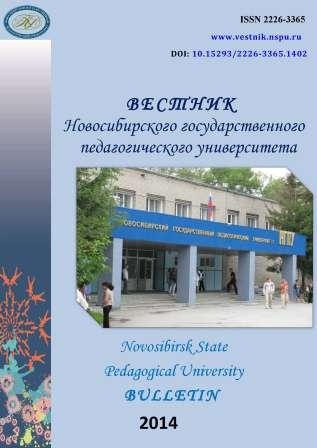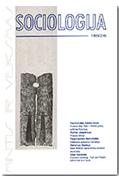
MUSIC THERAPY IN FIGHTING CERTAIN BEHAVIOUR DISORDERS
Music therapy is a science which studies the complex sound – the human being, which uses movement, sound and music in order to open channels of communication for the human being and thus to obtain therapeutic and psycho-prophylactic effects. In fighting behaviour disorders, music therapy can cause positive effects by relaxing tension, reducing anxiety, exteriorizing emotions, facilitating the relationship with the environment. Expressing oneself through music stimulates the exteriorizing of human feelings in a non-verbal language involving interaction and communication by means of various techniques. This has been proved by two experiments (the Tour Daburya School in Nazareth-Israel and the Special School in Alba Iulia-Romania), where interdisciplinary teams have improved behaviour disorders of young students by applying methods of musical therapy. In all forms of music therapy, be they educational, medical or psycho-therapeutic, the purpose is to help the subject overcome anxiety or aggressiveness which impede interrelations.
More...




